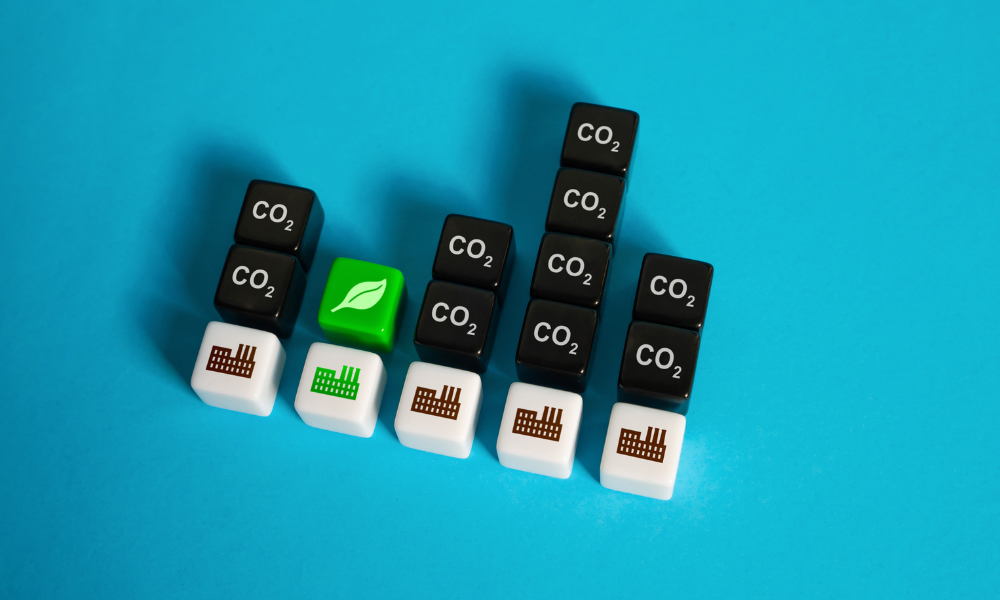Carbon tax had minimal impact on inflation from 2019 to 2024, rebates shielded low-income families

A new study by University of Calgary economists Trevor Tombe and Jennifer Winter found that Canada’s carbon tax had a negligible impact on inflation between 2019 and 2024.
According to CBC News, the study examined how indirect tax changes, including the carbon tax, influenced consumer prices over this period.
The report noted that consumer prices rose by 19.3 percent from January 2019 to April 2024. When the effects of indirect taxes, such as the carbon tax, were excluded, prices increased by 18.7 percent.
“This means that overall consumer prices are only 0.5 percent higher over this period because of the gradually increasing indirect taxes,” the study stated.
Canada introduced the carbon tax in April 2019 at $20 per tonne, increasing annually by $10 to reach $50 per tonne in 2022. From 2023, the rate rose by $15 each year, reaching $80 per tonne in April 2024.
While emissions pricing marked the most significant change in taxes on goods and services, the study concluded that such taxes contributed minimally to overall price increases.
The report highlighted that global factors, including surging energy prices and supply chain disruptions during the pandemic, were the main drivers of inflation.
The authors noted, “The rising global price of oil has had a far greater impact on overall costs than domestic emissions pricing policies.”
In June 2022, Canada's consumer price index reported an 8.1 percent year-over-year increase, of which rising energy prices accounted for 2.6 percent. By June 2023, when oil prices dropped from $120 per barrel to $70, inflation settled at 2.8 percent.
The study concluded that while emissions pricing influences costs, its role in driving inflation is minor compared to other economic pressures.
The study also examined the carbon rebate system tied to the federal backstop, which applies in provinces without their own carbon pricing systems.
90 percent of revenue from the federal carbon tax is returned to households through quarterly Canada Carbon Rebate payments, with the remaining 10 percent allocated to programs supporting businesses, schools, and municipalities in reducing fossil fuel consumption.
The Office of the Parliamentary Budget Officer (PBO) has previously found that most households, particularly those with lower incomes, receive more in rebates than they pay in carbon taxes.
The new study supports this conclusion, stating, “The rebates generally compensate for fuel rate charges.”
It added, “This means that many families, particularly those with lower incomes, are shielded from the negative financial impact of emissions pricing and some may end up with a net financial gain.”



